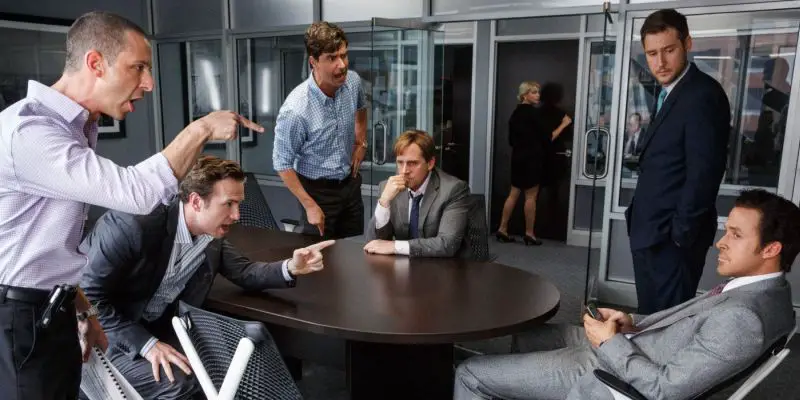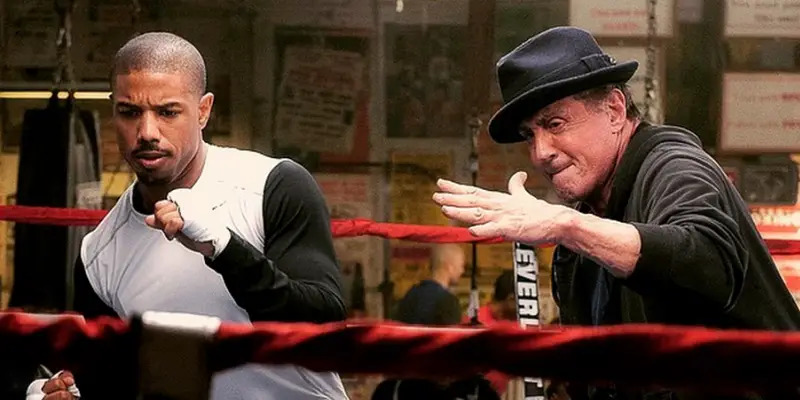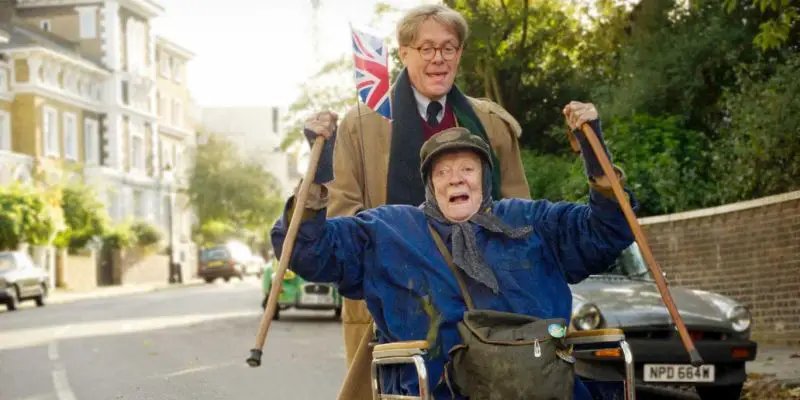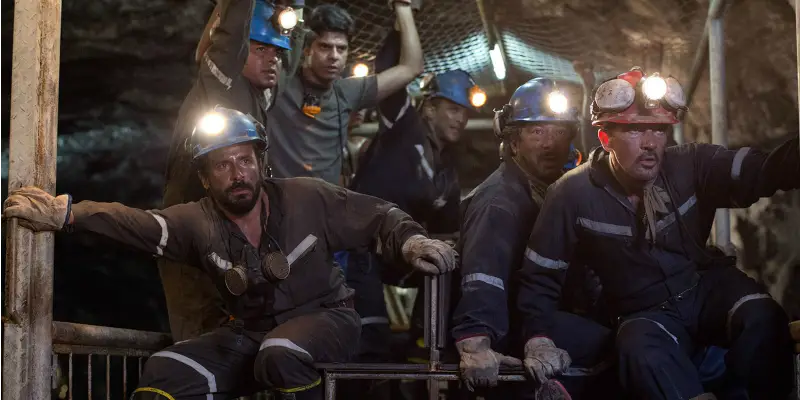2010s
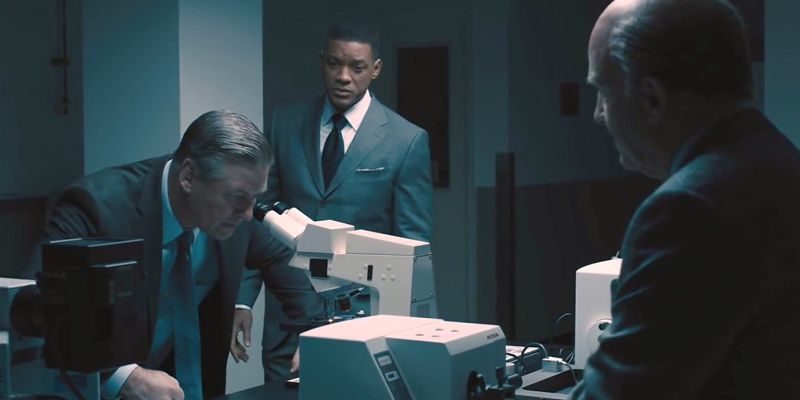
Concussion does to the sports film what I was sincerely hoping it would avoid: it dramatizes its subject in such an unbelievable way that it becomes nothing more than mindless propaganda. Dealing with the true subject of brain injuries within retired NFL players, the film simply floats from one cliché to the next, which left me feeling almost dazed after it had finished.
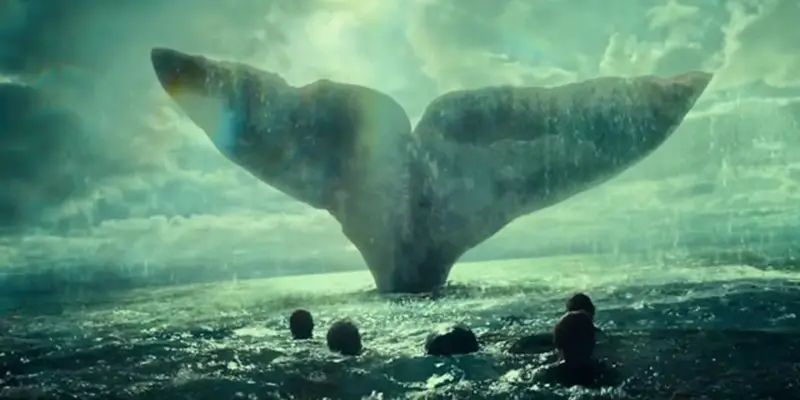
In the Heart of the Sea was originally supposed to premiere in early 2015, but it was pushed to later in the year at the last second. Ron Howard hoped that more people would come out to see the film now as opposed to in early spring, since some other oceanic adventure films have seen success around this time (Life of Pi, for example). It was my sincere hope that pushing the film to December was also because it would be worthy of premiering next to more awards-friendly films, which could mean that it was better than originally expected.
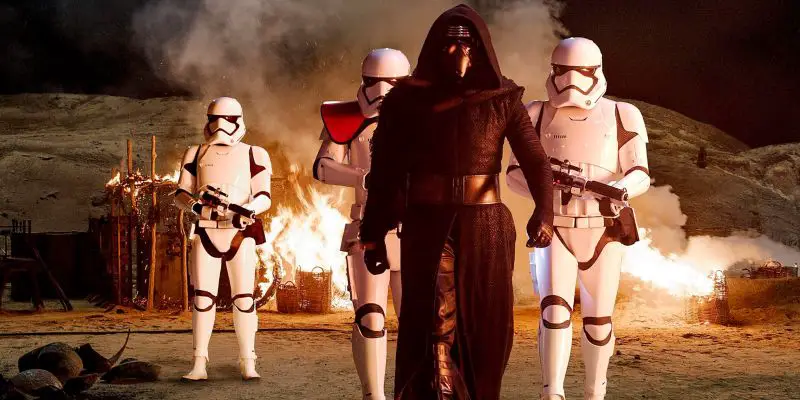
The cyclical nature of contemporary pop culture means that for every blockbuster released, a backlash is likely imminent over the course of its opening weekend, no matter how good the reviews. JJ Abrams knows better than anybody about the perils of falling victim to the hype train; despite critical and commercial success, mere weeks after its opening his Star Trek sequel Into Darkness was voted the worst Trek film of all time at a leading Trekkie convention. Taking fanboy rage on the chin, he has decided to follow this minor outrage by taking the directorial reigns of the new instalment of one of the most beloved franchises at all time, as audiences worldwide wait with bated breath to see whether or not he has (to use a common expression) “raped their childhood”.
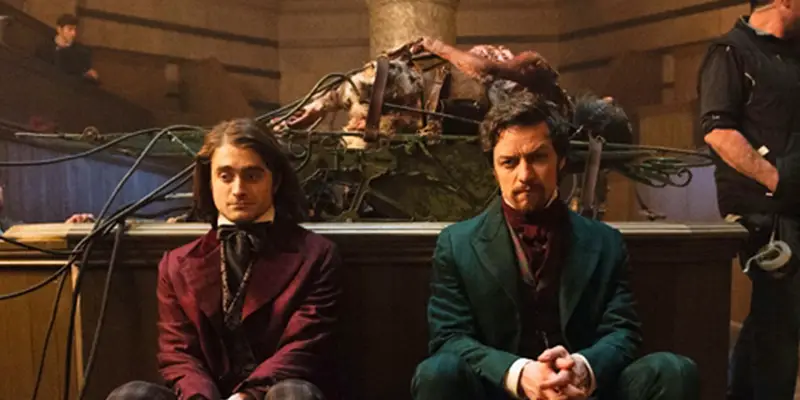
It’s been at least two years now since I first saw Daniel Radcliffe on The Graham Norton Show, sporting the unattractive hair extensions that would define his character, Igor’s, look. Admittedly, I have been excited for Victor Frankenstein since I first heard of its production. A Frankenstein ‘re-imagining’, told from Igor’s point of view, and one starring both Daniel Radcliffe and James McAvoy?

Is it selfish for adults to demand more from children’s entertainment? Adults have access to a wealth of different mediums of entertainment to enjoy, so should we crave animated films, mostly intended for a younger audience, to cater towards adult audiences? Indicators of these include dealing with deeper and darker themes, adult-only jokes/pop culture references and generally being an entertaining film that doesn’t go for the lowest common denominator.

In the very North of England, settled into the cinematic hillside of the North Pennines, there lives a family of sheep farmers. Amongst the snow, the wind, and the dying local farm industry, this small family battles every day to rear the perfect sheep and to pursue the life they have always dreamed of. Meet the Hutchinsons – the stars of quirky documentary Addicted to Sheep.

One of the hardest things to decide when reviewing a film is if the intentions behind the production feel genuine. One aspect that always arises during the Oscar/Award periods is actors doing roles or movies being made purely for “Oscar bait”. The idea of making a movie purely for the sake of gaining awards attention is somewhat cynical, but the transparency of movie production nowadays makes this something that sadly may have some truth behind it.
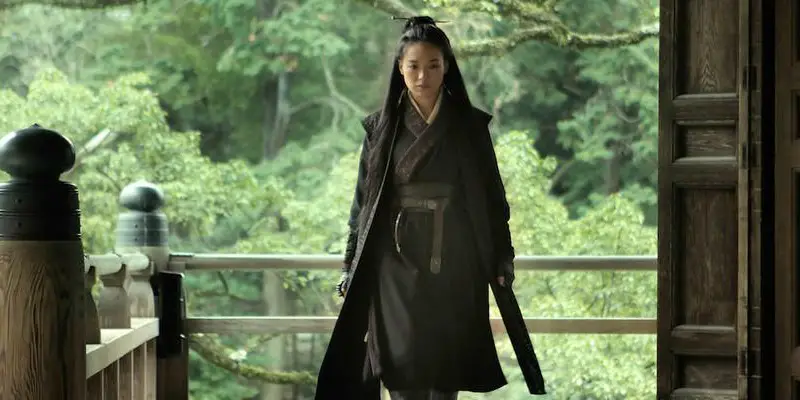
Even if my opinions may come across like those of a film snob at times, one who will do all in his power to avoid anything audiences may actually enjoy. I am not a film critic, but a film fan who sometimes happens to write scathing reviews. I don’t think every movie should aspire to be high art, but I do think cinema as a medium should be either entertaining or emotionally involving dramatically, with any pretensions towards being regarded as art being secondary concerns to filmmakers.

As the Western world is finally starting to make significant strides towards sexual orientation equality, it is easy to forget that in most of the rest of the world homosexuals are less than accepted in their respective societies. LGBT people in such countries face discrimination, social exile and physical beatings as punishment for their existence, and as such have largely been forced to stay closeted. But Love is one of those things that is hard to keep hidden, and as one wise man once said about Life, Love too often “finds a way”.
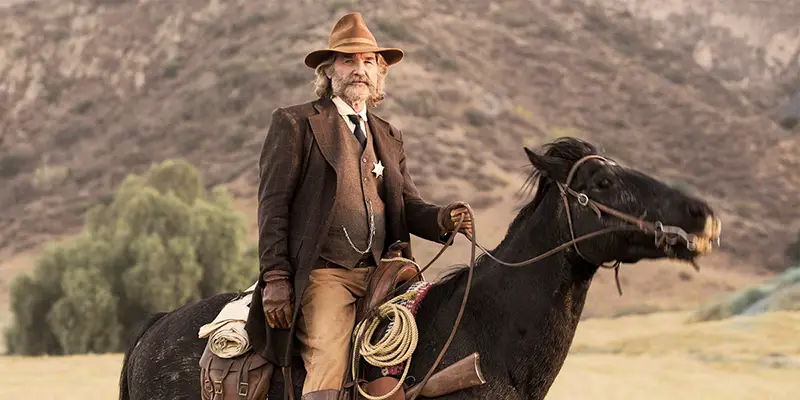
Despite a reputation as an open minded viewer willing to watch cinema of all genres, I have a confession to make: I struggle with Westerns, with many widely acclaimed masterpieces leaving me cold for no easily discernible reason. As much as I love Sergio Leone and many recently made “revisionist Westerns”, how the cornerstones of the genre (the majority of which are directed by John Ford) earned their classic status is unfathomable to me.
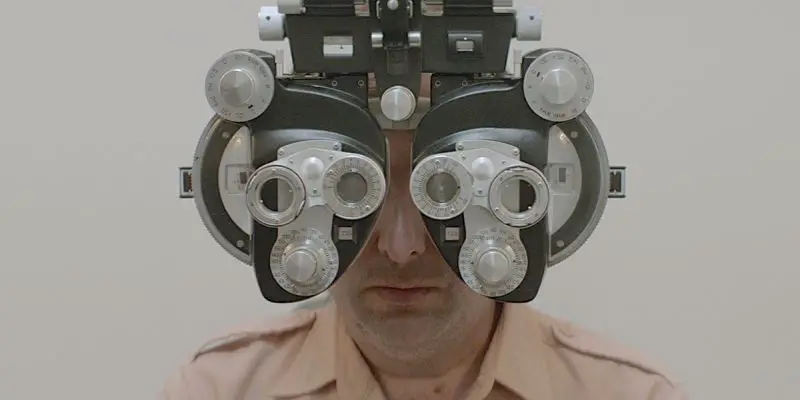
Comedy is a tricky thing; it’s hyper-subjective and typically draws from dark elements to create laughter. The search for one’s own comedy is thus, in a sense, the result of grappling some of the least desirable aspects of the human experience and wrangling it into something with a punchline. This is why the cliché of the “sad clown” is so prevalent and continues to be perpetuated to this day, such as with Marc Maron’s self-loathing diatribes and the tag posthumously attributed to Robin Williams.


